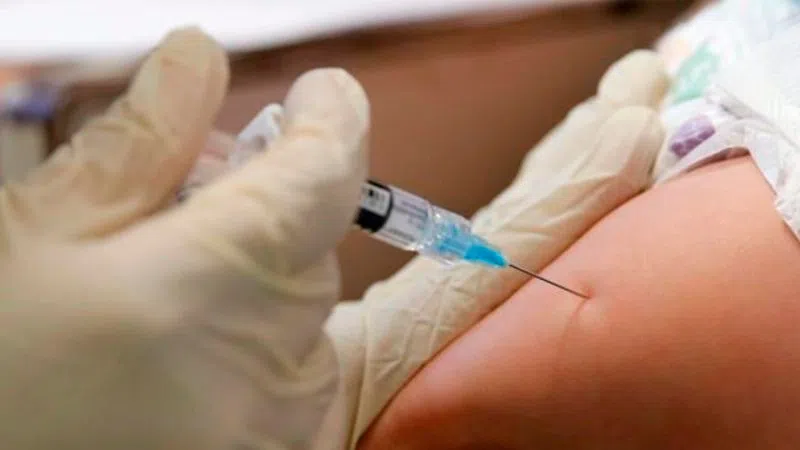
New Brunswick health officials confirm 9th case of measles in province
FREDERICTON — Health officials in New Brunswick have confirmed another case of measles — bringing the total to nine in the Saint John area — and some officials predict the number could go higher.
Dr. Jennifer Russell, the province’s chief medical officer, says the latest case is linked to a previous infection at Kennebecasis Valley High School.
On Friday, public health officials issued a directive that staff and students at the high school must receive a measles booster shot if they want to continue working and studying at the school.


